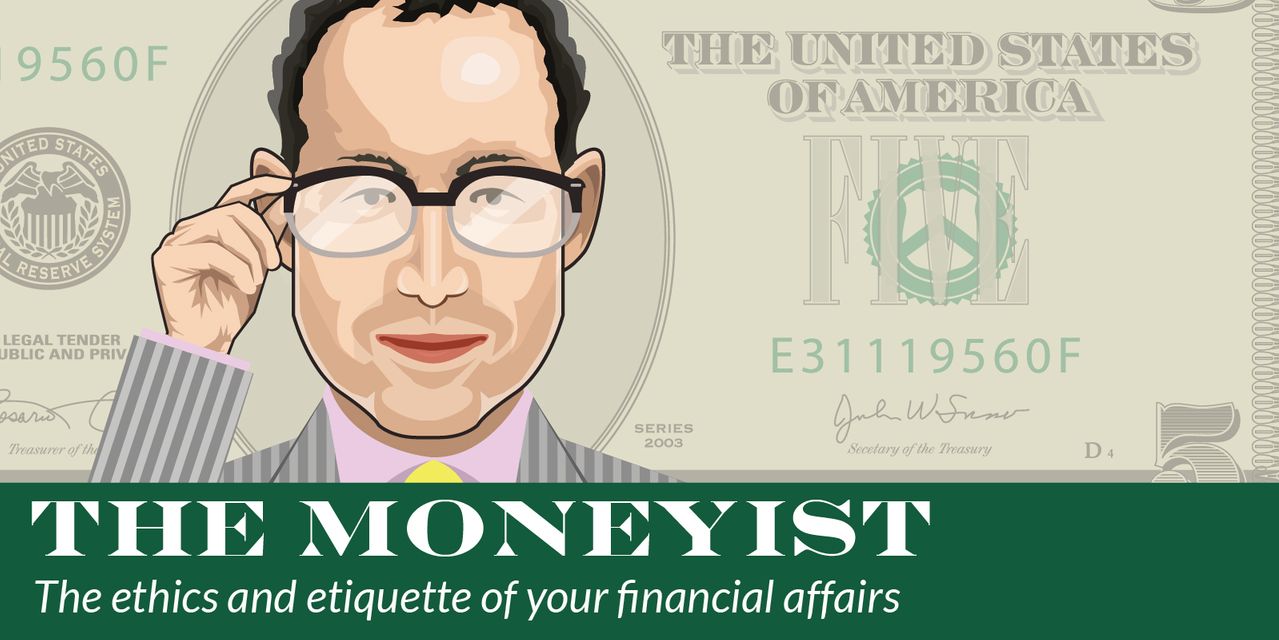
Dear Quentin,
My mom passed away unexpectedly at 65 on March 5. I am her only child, and she never remarried after divorcing my dad in 1991.
She left behind a partner of 31 years — a man she did not marry, in spite of multiple proposals and opportunities, because she did not trust him financially. (He’s always involved in some cockamamie business scheme.)
In later years, she became focused on leaving me something because she felt bad about not having had more resources when I was younger. She did not want any of that encumbered by him or his six children.
“ ‘My mother’s partner is seven years older than my mom. For that reason, we always assumed that she would outlive him, and we never discussed what to do in the reverse case.’ ”
My mother’s partner is seven years older than my mom. For that reason, we always assumed that she would outlive him, and we never discussed what to do in the reverse case. As her main heir, I stand to inherit her home, where he currently lives, which my mom purchased before her death and which was partially remodeled using money I gave my mom from my inheritance from my dad.
There’s a small mortgage payment of $480 a month on it, and I had committed to making those payments for my mom in her retirement. He was not a party to any of these discussions or arrangements.
When she passed, I initially assumed I’d carry the obligation of paying the mortgage until he passed, at which time I’d either sell or move into the house. In the time since, I’ve had a lot more clarity of thought, and I would like to move into the house myself. For one, it would give me the financial freedom that my mom always wanted for herself but never found, and I know that would make her happy.
“ ‘My current plan is to sit down with him in a few weeks when I pay off and sign her car over to him, and let him know that I plan to live in the house myself.’ ”
My current plan is to sit down with him in a few weeks when I pay off and sign her car over to him, and let him know that I plan to live in the house myself but can wait a year for him to figure out what he would like to do, and find a new place. He has a son about two hours away, and that appears to me to be a better fit than a 72-year-old man predisposed to conspiracy theories living alone.
What do you suppose my moral obligations are here? On the one hand, I don’t want to put a 70-something-year-old man on the street. On the other, my mom had 31 years to ensure he was provided for — or at least ask me to ensure he was — and never did either of those things. I think that speaks volumes as to how she saw their relationship, though he does not see it the same way.
Son & Heir
Dear Son,
The hard truth is that if your mother had wanted her partner to live there after she was gone, she would have given him a life estate in the property so he could live there the rest of his days, before the house went to you. At the very least, she would have told you of her wishes and left it in your hands.
But she did not wish that burden for you — would he maintain the house and pay for its upkeep? — and there is the issue of the outstanding mortgage that you would still have to pay. He did not pay rent there while your mother was alive, and it would probably seem odd to ask him to pay rent now that she’s gone.
So she came up with the current solution: You get the lot, and her partner is left out of the legal loop. Of course, the greatest injury to him — as much as one could call it an injury — is that none of this was discussed with him before she passed. Perhaps she did not trust him, or felt he would pressure her into another outcome.
Your obligation to him partly depends on your relationship with him — and, from what you say, he was your mother’s partner, not your stepfather. While you were happy that your mother had a companion, you were aware of his shortcomings financially, and understand why they never commingled their assets.
“ Your obligation to him partly depends on your relationship with him — and, from what you say, he was your mother’s partner, not your stepfather. ”
You do not regard him as a stepfather. Whether he regards you as a stepson is another issue, one for him, and his feelings for you may be influenced by his financial dependence on you. He must be wondering about the mortgage, how it will get paid, who pays it, and what his future holds as a resident of this property.
He lived there for 31 years, presumably without incurring much expense and with fair warning that your mother did not want to marry or share her assets with him. Perhaps he too believed he would predecease your mother, but he also had 31 years to save and make inroads toward his own financial independence.
For that reason — and partly because he has a son of his own — giving him one year to make plans and perhaps rent a smaller place seems fair to me. “Fair” is a funny word. It’s subjective and amorphous, and it changes depending on your vantage point. You and your mother’s partner are navigating a hall of mirrors of fairness.
You are fulfilling your obligations to yourself and your mother and, to an extent, you are tying a bow around your remaining obligations to him. Your mother did not want to deal with this situation, and so she left it up to you to sort out. Both the price and the reward for that is your own financial independence.
She had every right to give that to you.
You can email The Moneyist with any financial and ethical questions related to coronavirus at [email protected], and follow Quentin Fottrell on Twitter.
By emailing your questions, you agree to having them published anonymously on MarketWatch. By submitting your story to Dow Jones & Company, the publisher of MarketWatch, you understand and agree that we may use your story, or versions of it, in all media and platforms, including via third parties.
Check out the Moneyist private Facebook FB, -1.21% group, where we look for answers to life’s thorniest money issues. Readers write in to me with all sorts of dilemmas. Post your questions, tell me what you want to know more about, or weigh in on the latest Moneyist columns.
More from Quentin Fottrell:







